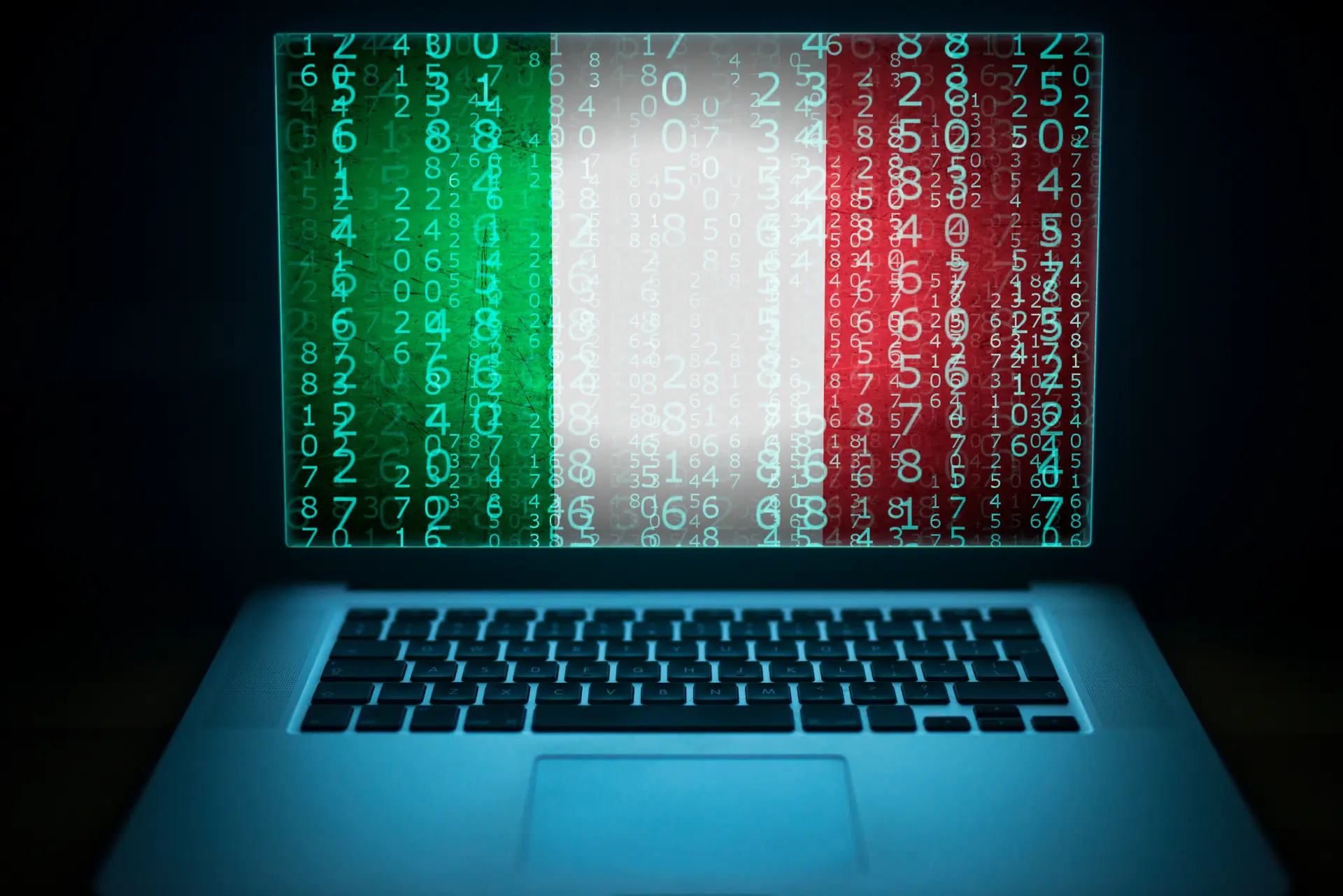Table of contents
- The wave of hacker attacks continues: finance and defense under fire
- DDoS missiles against Italy: attacks claimed on Telegram
- Hackers retaliate after statements about Putin and the Third Reich
- Digital propaganda with limited effects?
The wave of hacker attacks continues: finance and defense under fire
Pro-Russian hackers have once again targeted Italian websites, this time focusing on financial institutions and the arms industry.
Following recent attacks, the cyber threat shows no signs of slowing down. The National Cyber security Agency (ACN) has immediately warned the affected organizations and institutions, implementing mitigation measures to reduce the impact.
DDoS missiles against Italy: attacks claimed on Telegram
The latest offensive has been attributed to the NoName057(16) group, which openly referred to it as “punishment for Italy with DDoS missiles” on Telegram.
The attacks temporarily took down the Ministry of Enterprises and Made in Italy’s website, the Guardia di Finanza’s site, and several subdomains of the Ministry of the Interior. Additionally, the websites of the Italian Air Force and the Ministry of Infrastructure and Transport experienced outages.
Hackers retaliate after statements about Putin and the Third Reich
These attacks are not random: the pro-Russian group stated that the cyber offensive was in response to President Mattarella’s recent remarks comparing Russia’s actions to those of the Third Reich.
Just last Monday, the same group had attacked banks and transport companies, causing operational disruptions for several hours.
Digital propaganda with limited effects?
Despite the media impact, the actual effects of the hacker attacks appear to be contained. The Cyber security Agency confirmed that all necessary measures have been taken to safeguard the targeted websites, working closely with law enforcement.
Among the hackers’ targets was also Atac, the public transport company in Rome, whose website remains operational. Experts suggest that these attacks are more of a digital propaganda operation rather than a large-scale cyber sabotage.
